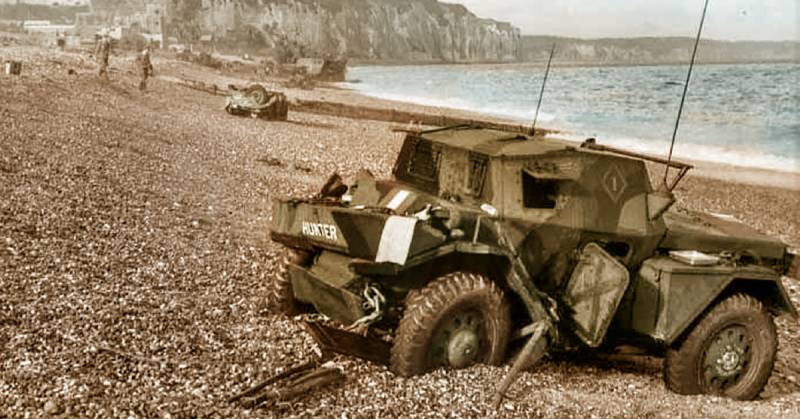It is not an entirely uncommon occurrence for uniquely vicious battles to produce countless acts of inexplicable gallantry worthy of a nation’s highest military honor. During the month long struggle for Iwo Jima, 27 men would walk away with the Medal of Honor.
Remarkably, despite the hundreds of thousands of men to take part in the Normandy invasions, only 12 would come away with the Medal of Honor for that action. Yet over 9 hours, a force of roughly 6,000 men would see three of them become the newest recipients of the Commonwealth’s highest military honor.
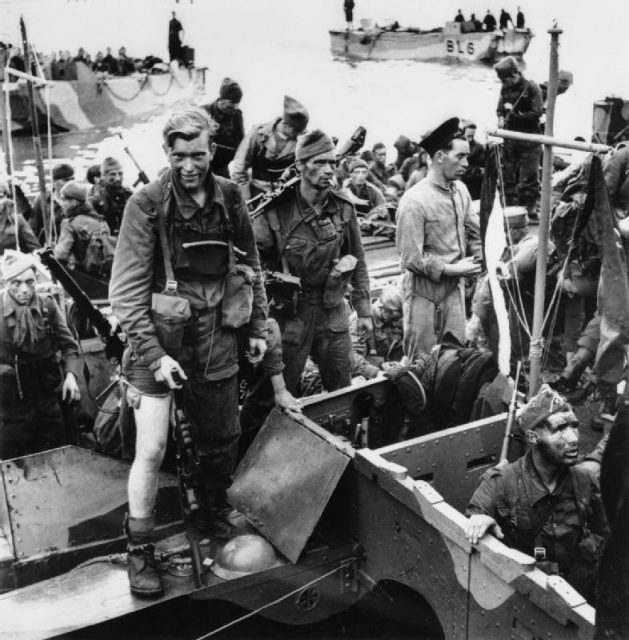
The Dieppe Raid is hotly debated in military history circles as either a disaster of epic proportions or a necessary evil where vital lessons were learned. A little less than two full years before the dramatic landings at Normandy, a contingent of about 6,000 men were the first to storm the beaches of France. For nine hours, a fierce battle ensued that would see astonishing casualty rates for the allies.
While the battle itself is up for debate, what is beyond contestation is that three men’s gallantry would rise above the rest. For there actions that day, Canadians John Foote and Charles Merritt along with Scottish contributor Patrick Porteus would earn a unique place in military history.
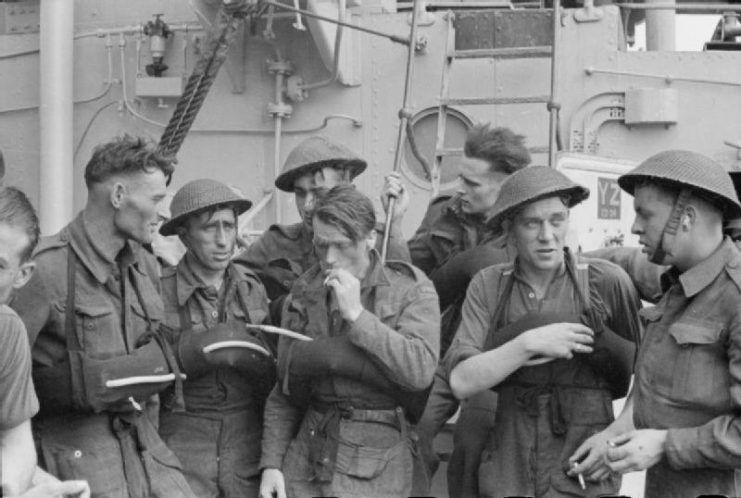
The Dieppe Raid was an assault on the German occupied port of Dieppe, France. Taking place in August of 1942, it saw over 6,000 infantrymen hit the shores of France in an attempt to conduct a division sized landing and hold the territory for some time. The objective was not only to prove the concept of such a landing, but it was to gather intelligence while striking a blow to German morale.
In nearly every facet, the Dieppe Raid failed to achieve its objectives at a great cost of life. Of the 5,000 sized Canadians over 3,300 were killed, wounded or taken prisoner. Yet, during this 9 hour struggle from the time the allies hit the beaches until they departed three men would leave a legacy of gallantry on the doomed raid. Remarkably, all three would survive the war.
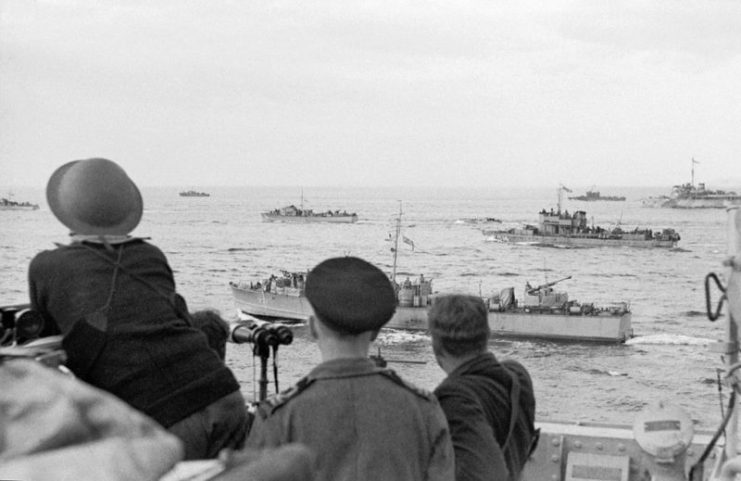
Charles Merritt
The first up to receive the Victoria Cross was Lt. Col. Charles Merritt. In 1942, Merritt found himself in command of the South Saskatchewan Regiment that had a rendezvous with history in Dieppe. His initial landing went off without a hitch as he arrived in darkness around 0450 on the morning of August 19th. However, as different units began to land in the wrong location and Germans took notice of the arriving force things quickly began to unravel.
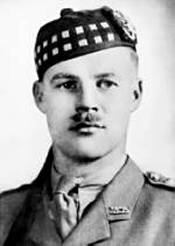
In order to reach their objectives, Merritt and his men were forced to cross a bridge that had now been zeroed in by German mortars and machine guns. As the bridge was littered with wounded and dead Canadians, Charles Merritt made the decision to lead by example.
Despite his higher rank, Merritt took the point and began leading the next rush across the bridge. Waiving his steel helmet he began to shout to his men, “Come on over. There’s nothing to it.” With the Germans taken by surprise at the aggression and intensity of Merritt, they began to falter and most of the men had made it across.
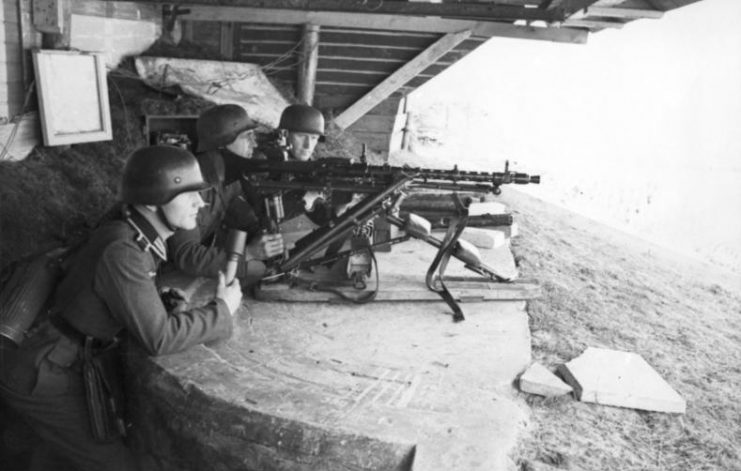
Once on the other side he now found the route to all his objectives protected by fortified pillboxes. Once again leading from the front, he began to systematically take out each one. He personally killed all the occupants of at least one position by throwing grenades through the firing ports.
As the battle began to stall, he then began to organize a defensive perimeter. Wounded twice and bleeding heavily, Merritt could still be seen moving from position to position to rally his men.
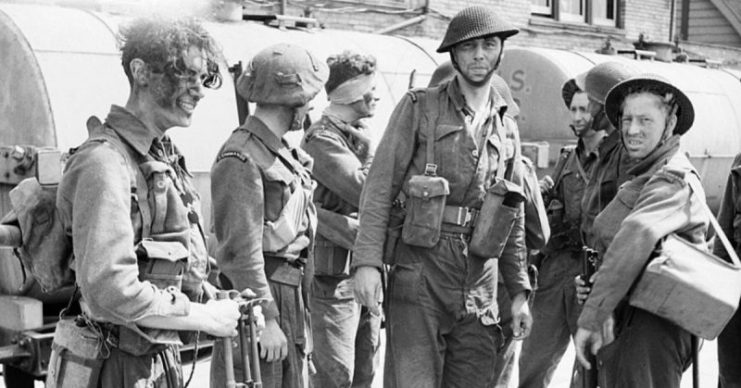
Finally, when the order to withdraw to the beaches came Merritt finally decided to lead from behind. Staying back to cover the withdrawal of his men, Merrit held the Germans long enough for them to escape. Charles Merritt wasn’t so fortunate resulting in him spending the rest of the war a guest of the Germans in a POW camp. His entire war lasted 6 hours, but that was enough to earn his nation’s highest military honor.
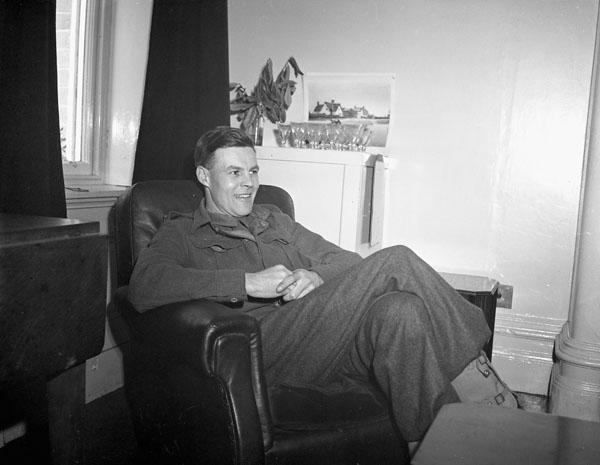
Patrick Porteous
For Scotsman Patrick Porteous, 1942 would find him serving as a Major with the No. 4 Commando unit which took part in the raid at Dieppe. He was tasked with serving as a liaison officer for units assaulting the heavy defense guns. As the allies began to push inland, Porteous found himself confronted at close range with a German who had him in his sights.
The German fired sending a bullet straight through Porteous’ hand and shattering his arm. Despite the terrible wound, Porteous charged the German. He proceeded to disarm the enemy and kill him with his own bayonet.
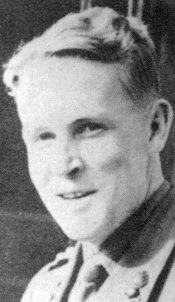
It was shortly after that he found himself the only officer left alive in a detachment of soldiers charged with pushing through the Germans to their objectives. Realizing his duty, he dashed across fire swept ground to rally the men. He then led them on a charge of the German positions. The enemy once again found themselves on the wrong side of Porteous’ bayonet.
It was during this action that Porteous would again receive a serious wound through the thigh. Despite his injuries, he continued to lead the assault until he eventually passed out from the loss of blood. He would survive the encounter and when he awoke he would be the nation’s next recipient of the Victoria Cross.
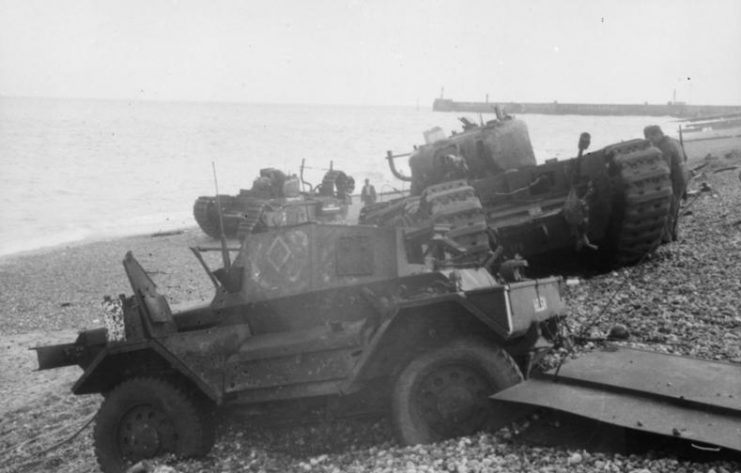
John Foote
Captain John Foote would earn the remarkable distinction of having earned the Victoria Cross without firing a single shot at Dieppe. Serving as Chaplain, Foote could be seen moving to and fro throughout the battlefield not to take life, but to save it.
As the egregious casualties began to mount for the allies, Foote would rush out into the open fields to retrieve the wounded and administer aid. As the evacuation drew near, Foote found a landing craft full of ammo engulfed in flames. He removed the wounded from the craft at great risk to himself.
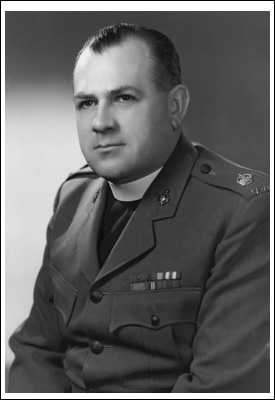
However, it is his final act of gallantry that draws the most attention. Despite having several opportunities to depart during the ill fated raid, Foote chose to stay behind to continue to administer aid. When the final craft was ready to depart back to safety, Foote curiously walked off and heading straight towards the Germans.
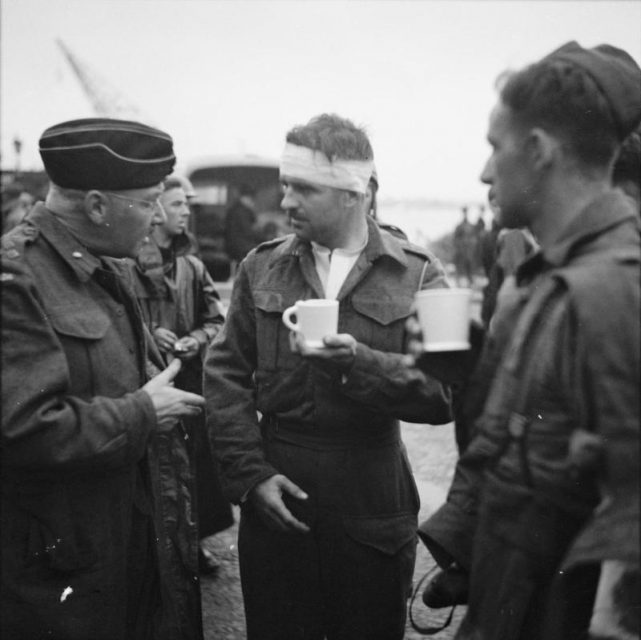
Foote had made the remarkable decision to force his capture so that he might offer support and aide to the countless men left behind.
Read another article from us – Disastrous Dieppe Raid Cost Thousands of Canadian Lives
For his actions that day, he too would receive the Victoria Cross. Throughout just 9 hours of battle, three men out of 6,000 would rise above the rest. Gallantry was common that day out of necessity, but these men will forever go down in the books as heroes of Dieppe.
